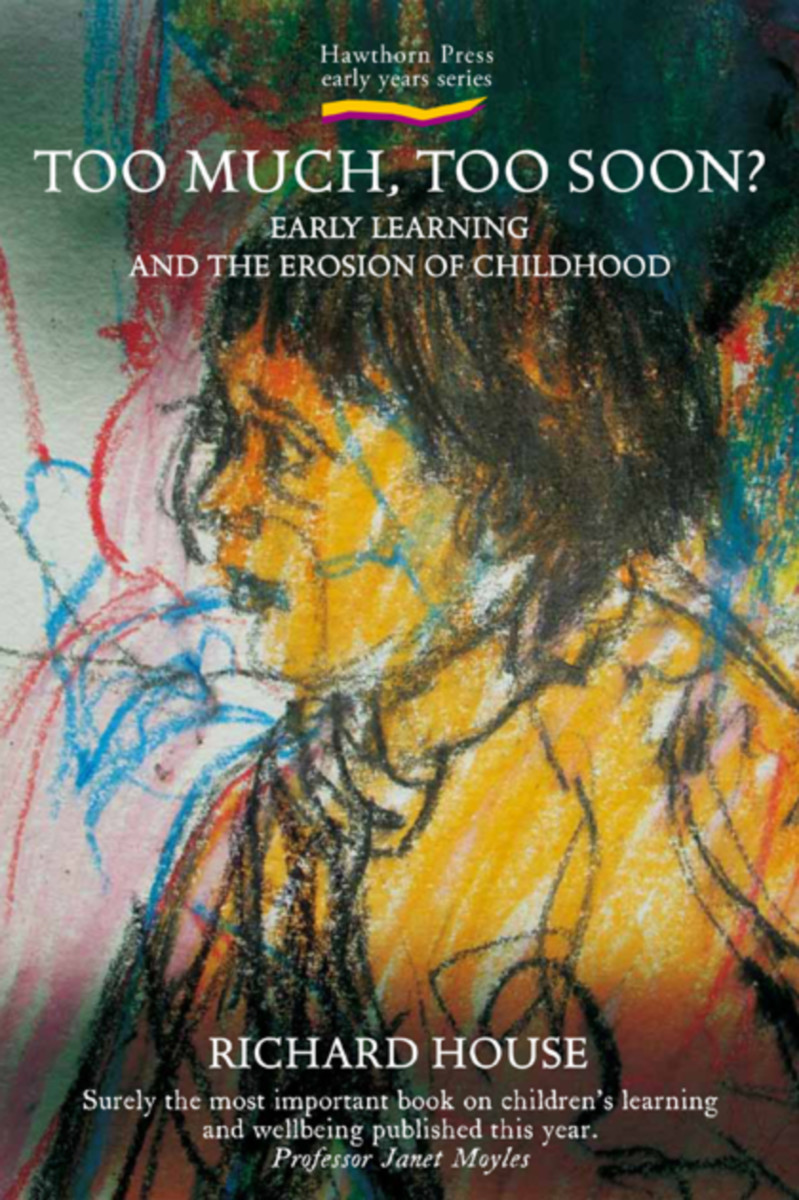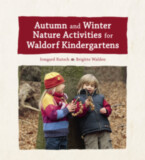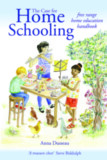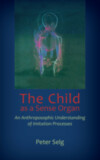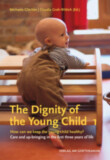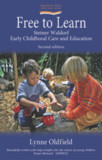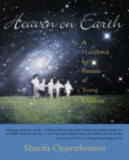- Publisher
Hawthorn Press - Published
1st January 2012 - ISBN 9781907359026
- Language English
- Pages 376 pp.
Too Much, Too Soon? tackles the burning question of how to reverse the erosion of childhood by nurturing young children’s wellbeing and learning capacity. Children’s lives have been speeded up by commercialization, adultification, and government programs such as No Child Left Behind and the “nappy curriculum”— a controversial program in the Britain that requires children to hit a series of sixty-nine targets by age five—aspects of which “schoolify” early learners and push quasi-formal learning too soon.
Twenty-two hard-hitting chapters by leading educators, researchers, policy-makers, and parents advocate for alternative ways for slowing childhood, better policy-making, and, most important, the right learning at the right time in children’s growth, when they are developmentally ready.
C O N T E N T S:
PART I: Policy Making and the Erosion of Childhood:
The Case of the Early Years Foundation Stage
1. The EYFS and the Real Foundations of Children’s Early Years – Penelope Leach
2. Challenging Government Policy-making for the Early Years:
Early Open EYE Contributions – Margaret Edgington, Richard House, Lynne Oldfield, and Sue Palmer
3. Against the Government’s Grain: The Experience of Forging a Path to EYFS Exemption – JOHN DOUGHERTY
4. The Impact of the EYES on Childminders – Arthur and Pat Adams
5. A Parent’s Challenge to New Labour’s Early Years Foundation Stage – Frances Laing
6. The Tickell Review of the Early Years Foundation Stage: An “Open EYE” dialogue – The Open EYE Campaign
PART II: The Foundations of Child Development and Early Learning:
Perspectives, Principles and Practices
7. The Myth of Early Stimulation for Babies – Sylvie Hétu
8. Current Perspectives on the Early Childhood Curriculum – Lilian Katz
9. Physical Foundations for Learning – Sally Goddard Blythe
10. The Unfolding Self –The Essence of Personality – Kim Simpson
11. The Democratization of Learning – Wendy Ellyatt
12. The Steiner Waldorf Foundation Stage – 13. Can We Play? – David Elkind
14. Play – Transforming Thinking – Tricia David
15. Challenging the Reggio Emilia Approach with Relational Materialist Thinking and an Ethics of Potentialities – Hillevi Lenz Taguchi
Part III: Advocacy, Research and Policy Making
for Children’s Early Years’ Learning
16. “If I Wanted My Child to Learn to Read and Write, I Wouldn’t Start from Here” – Sue Palmer
17. Viewing the Long-Term Effects of Early Reading with an Open Eye – Sebastian Suggate
18. Early Childhood Research and its Political Usage: Some Cautionary Remarks – Richard House
19. Does Not Compute, Revisited: Screen Technology in Early Years Education – Aric Sigman
20. An Inveterate Early Childhood Campaigner – Margaret Edgington interviewed by Richard House
Part IV: Ways Ahead to Achievable Futures
21. Education and Paradigm Shift – Grethe Hooper Hansen
22. Early Childhood: A Policy-Making Perspective – Barry Sheerman
Towards the Future: Implications and Recommendations for Educationalists and Policy-makers – Wendy Scott and Richard House
AFTERWORD – Richard Brinton and Gabriel Millar
Richard House, PhD
Richard House (MA at Oxon, PhD, C.Psychol.) is a freelance educational consultant/campaigner in Stroud, UK. Formerly Senior Lecturer in Early Childhood, University of Winchester (2012–2014), Richard lectured in psychotherapy at the University of Roehampton (2005–2012). He is coeditor of Self and Society: International Journal for Humanistic Psychology; associate editor of Psychotherapy and Politics International; and theory editor of the European Journal of Psychotherapy and Counselling. A founding member of the Independent Practitioners Network and the Alliance for Counselling and Psychotherapy, Richard is a trained Steiner kindergarten and class teacher, with books on education, including Too Much, Too Soon? Early Learning and the Erosion of Childhood (editor) and Childhood, Well-being and a Therapeutic Ethos (coeditor). Practicing as a counsellor-psychotherapist from 1990 to 2007, his books on psychotherapy include In, against, and beyond Therapy and (as coeditor) Against and for CBT. A founder-member of the Open EYE Campaign, Early Childhood Action, and the Save Childhood Movement, Richard contributes regularly to various professional publications on education and to literature on professional psychotherapy. He organized the three pressOpen Letters on the state of modern childhood in 2006, 2007 (both with Sue Palmer) and in 2011. Particular current interests include early-childhood development; "audit culture" in education; the psychodynamics of learning and teaching; play and pedagogy; post-structuralist and transmodern approaches to research; and the work of Rudolf Steiner and Maurice Merleau-Ponty. Richard is the education and early years editor for Hawthorn Press and works with the Ruskin Mill Field Centre in Nailsworth.


